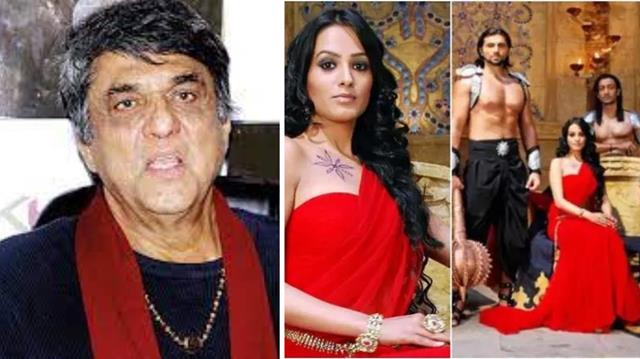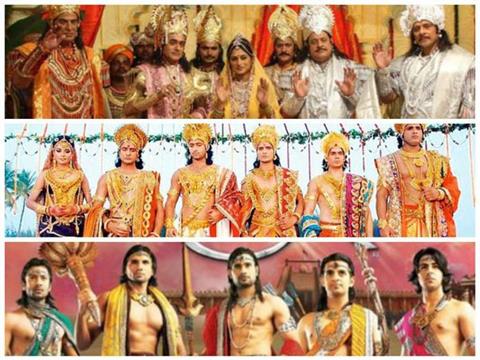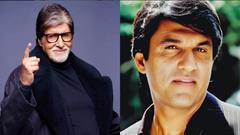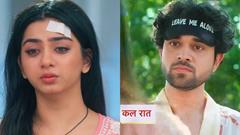Mukesh Khanna Criticizes Ekta Kapoor’s Mahabharat Version
Mukesh Khanna’s critique of Ekta Kapoor’s Mahabharat version ignites debate on modern adaptations and traditional integrity
Published: Monday,Aug 12, 2024 19:28 PM GMT-06:00

Mukesh Khanna, known for his iconic portrayal of Bhishma Pitamah in the 1988 TV version of the Mahabharat, has recently voiced strong criticism against Ekta Kapoor’s modern version of the epic. In a surprising move, Khanna has expressed his discontent with Kapoor’s take on the classic, particularly taking issue with some creative liberties taken in the portrayal of key characters.
Khanna’s primary concern revolves around the depiction of Draupadi, one of the central figures in the Mahabharat. He has criticized the decision to give Draupadi a tattoo, which he believes is an unnecessary and disrespectful addition to the character. According to Khanna, this alteration undermines the traditional and sacred representation of Draupadi, who is a symbol of dignity and virtue in the epic.
Moreover, Khanna has taken issue with the way the Pandavas are portrayed in this version. He argues that they are depicted more like models rather than the revered heroes of the Mahabharat. This, according to him, is a distortion of their true essence and legacy. The Pandavas are traditionally viewed as embodiments of righteousness and duty, and Khanna feels that presenting them in a more superficial manner diminishes their heroic stature.

Ekta Kapoor’s version of the Mahabharat has been noted for its modern and innovative approach. However, Khanna’s critique highlights a tension between traditional interpretations and contemporary reimaginings of classic epics. His remarks reflect a broader debate about the balance between creative freedom and respecting cultural and historical integrity.
This controversy raises important questions about how ancient texts should be adapted for modern audiences. While creative versions can bring new life to old stories, they also risk alienating those who hold traditional views about these texts. Mukesh Khanna’s criticism serves as a reminder of the diverse perspectives on how such revered narratives should be treated.
As the debate continues, it will be interesting to see how Kapoor responds to Khanna’s concerns and how this controversy influences future versions of classic epics.
Your reaction
 Nice
Nice Awesome
Awesome Loved
Loved LOL
LOL OMG
OMG Cry
Cry Fail
Fail














Comments (1)
A1258212
@A1258212
This content is hidden.
3 months ago